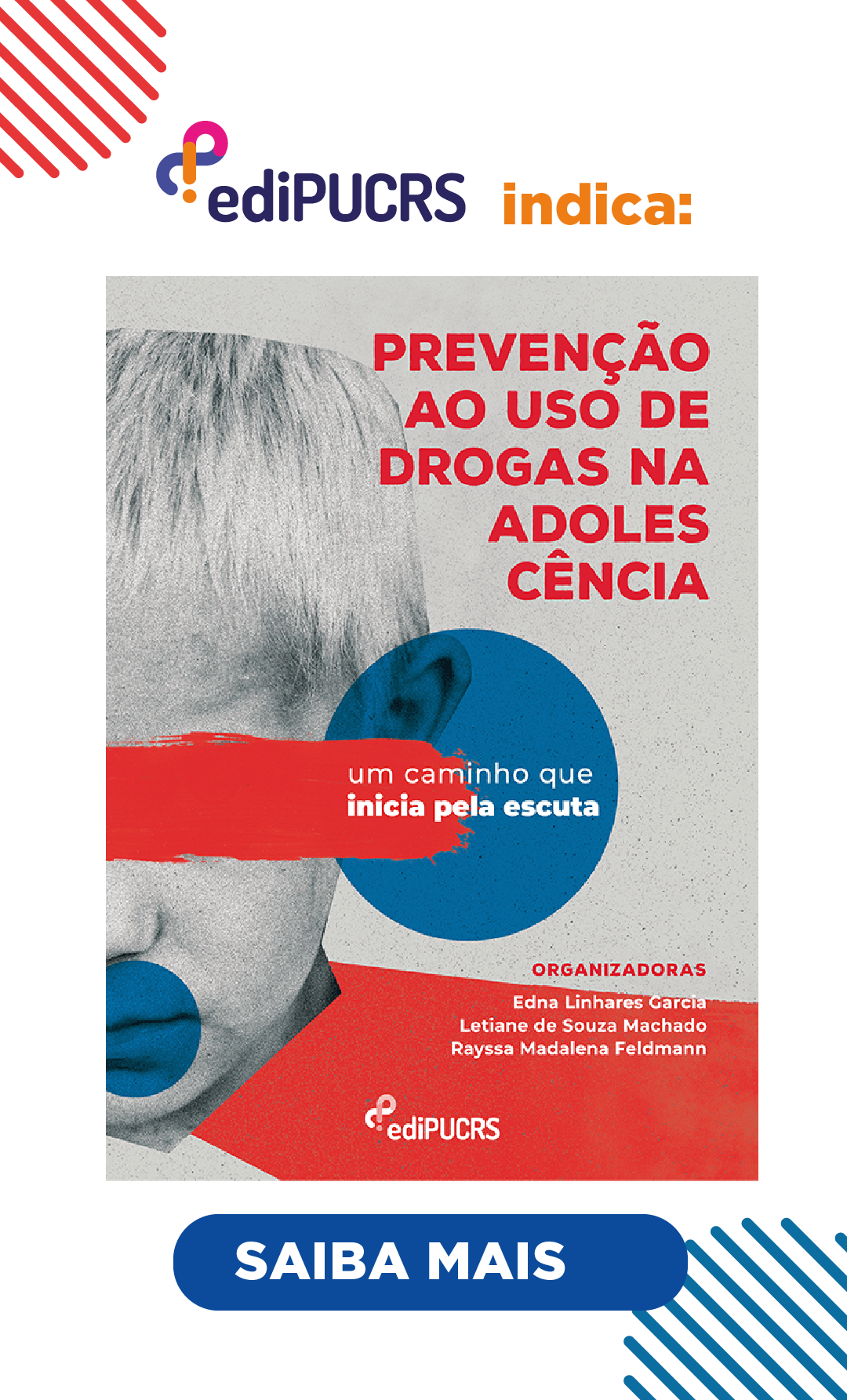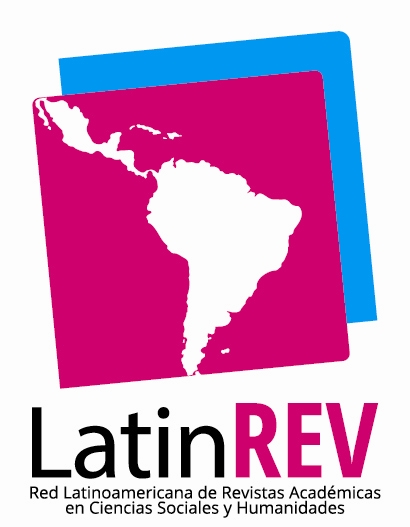Língua, neoliberalismo e K-Pop
O multilinguismo na música pop coreana e a comoditização da língua
DOI:
https://doi.org/10.15448/2178-5694.2022.1.41608Palavras-chave:
Code-switching, K-pop, Hallyu 2.0, Multilinguismo, Língua e economiaResumo
Na última década, o K-pop atravessou o globo, misturando não apenas ritmos e gêneros musicais, mas também línguas. Ao observar a profusão de línguas na música popular coreana, cabe-nos perguntar qual é o papel das línguas e de quais formas elas são empregadas no K-pop. Para responder a essas perguntas, foram selecionadas e compiladas 200 músicas de K-pop que tiveram destaque na década de 2010. Foi observado o massivo uso de code-switching e da reprodução de versões em outros idiomas, sendo utilizadas, durante toda a década, não apenas línguas majoritárias, mas também línguas minoritárias, locais e mortas. Nos anos pós 2014, o uso do code-switching foi mais frequente. Levando em consideração os dados obtidos por essa pesquisa, junto aos dados e padrões de crescimento e exportação da música popular coreana na década de 2010, constatou-se que o multilinguismo é uma das ferramentas fundamentais do K-pop por ser necessário para o meio de produção em que ele se insere e aocriar um diferencial de produto, fazendo-o alcançar maior difusão no mercado fonográfico internacional.
Downloads
Referências
Bourdieu, Pierre. 1994. “A Economia das Trocas Linguísticas”. In Pierre Bourdieu: sociologia, organizado por Renato Ortiz, 156–83. São Paulo: Ática.
CEIC. [s.d.]. “Korea Exports: CI: Music”. https://www.ceicdata.com/en/korea/trade-statistics-contents-industry/exports-ci-music.
Choe, Sang-Hun. 2020. “New ‘BTS Law’ Is Passed in South Korea. An Army of Fans Rejoices.” The New York Times, 10 de dezembro de 2020. https://www.nytimes.com/2020/12/01/world/asia/korea-bts-law-military-deferment.html.
Cordeiro, Matheus. 2019. “O Multilinguismo no K-pop: As Línguas como Estratégia de Marketing na Música Popular Coreana”. C@lea, no 8: 54–62. https://periodicos.uesc.br/index.php/calea/article/view/2478.
Duchêne, Alexandre, e Monica Heller. 2012. “Multilingualism and the new economy”. In The Routledge Handbook of Multilingualism, organizado por Marilyn Martin-Jones, Adrian Blackledge, e Angela Creese, 369–83. New York: Routledge.
Frame Work Act on Korean Language. 2013. Frame Work Act on Korean Language. Act No. 11690, 23 Mar. 2013. https://law.go.kr/LSW/lsInfoP.do?lsiSeq=136820&viewCls=engLsInfoR&urlMode=engLsInfoR&chrClsCd=010203#0000.
He, Amy. 2011. “Can K-pop break the U.S.? No: America has seen it all before”. The Korea Herald, 3 de outubro de 2011. http://www.koreaherald.com/view.php?ud=20111003000316.
Heller, Monica. 2003. “Globalization, the new economy, and the commodification of language and identity”. Journal of Sociolinguistics 7 (4): 473-92. https://doi.org/10.1111/j.1467-9841.2003.00238.x.
———. 2010. “The Commodification of Language”. Annual Review of Anthropology 39 (1): 101–14. https://doi.org/10.1146/annurev.anthro.012809.104951.
Herman, Tamar. 2018. “K-Pop Turns Toward Latin American Market With Collaborations And Tours”. Forbes, 2018. https://www.forbes.com/sites/tamarherman/2018/05/31/k-pop-turns-towards-latin-american-market-with-collaborations-tours/?sh=4caf8c4e960d.
International Federation of the Phonographic Industry. 2019. “Music Listening 2019: a look at how recorded music is enjoyed around the world”. https://www.ifpi.org/ifpi-releases-music-listening-2019.
Jin, Dal Yong. 2014. “The Power of the Nation-state amid Neo-liberal Reform: Shifting Cultural Politics in the New
Korean Wave”. Pacific Affairs 87 (1): 71–92. https://doi.org/10.5509/201487171.
———. 2015. “New perspectives on the creative industries in the hallyu 2.0 era: Global-local dialectics in intellectual properties”. In Hallyu 2.0: The Korean Wave in the Age of Social Media, organizado por Sangjoon Lee e Abé Markus. Nornes, 53–70. University of Michigan Press. https://www.scopus.com/inward/record.uri?eid=2-s2.0-84952316617&partnerID=40&md5=0c94a531a33c170ad9f5007397da930a.
———. 2016. New Korean wave: Transnational cultural power in the age of social media. Champaign: University of Illinois Press.
———. 2018. “An analysis of the Korean wave as transnational popular culture: North American youth engage through social media as TV becomes obsolete”. International Journal of Communication 12: 404–22.
Jin, Dal Yong, e Woongjae Ryoo. 2014. “Critical Interpretation of Hybrid K-Pop: The Global-Local Paradigm of English Mixing in Lyrics”. Popular Music and Society 37 (2): 113–31. https://doi.org/10.1080/03007766.2012.731721.
Jin, Dal Yong, e Kyong Yoon. 2016. “The social mediascape of transnational Korean pop culture: Hallyu 2.0 as spreadable media practice”. New Media & Society 18 (7): 1277–92. https://doi.org/10.1177/1461444814554895.
Jung, Heewon. 2018. “Korea’s linguistic policies : Status and challenges”. In National language institutions and national languages: contributions to the EFNIL conference 2017 in Mannheim, organizado por Gerhard STICKEL, 127–43. Budapest: Research Institute For Linguistics, Hungarian Academy of Sciences.
Kwon, Seung-Ho, e Joseph Kim. 2014. “The cultural industry policies of the Korean government and the Korean Wave”. International Journal of Cultural Policy 20 (4): 422–39. https://doi.org/10.1080/10286632.2013.829052.
Lazear, Edward P. 1999. “Culture and language”. Journal of Political Economy 107 (6): S95–126. https://doi.org/10.1086/250105/0.
Lee, Jamie Shinhee. 2004. “Linguistic hybridization in K-Pop: Discourse of self-assertion and resistance”. World Englishes 23 (3): 429–50. https://doi.org/10.1111/j.0883-2919.2004.00367.x.
———. 2007. “I’m the illest fucka”. English Today 23 (2): 54–60. https://doi.org/10.1017/S026607840700209X.
———. 2011. “Globalization of African American Vernacular English in popular culture”. English World-Wide. A Journal of Varieties of English 32 (1): 1–23. https://doi.org/10.1075/eww.32.1.01lee.
———. 2014. “English on Korean television”. World Englishes 33 (1): 33–49. https://doi.org/10.1111/weng.12052.
Lee, Jamie Shinhee, e Andrew Moody. 2012. “Sociolinguistics and the study of English in Asian popular culture”. In English in Asian Popular Culture, organizado por Jamie Shinhee Lee e Andrew Moody, 1–11. Hong Kong: Hong Kong University Press 2012. www.hkupress.org.
Lee, Ki-Moon, e S. Robert Ramsey. 2011. A History of the Korean Language. Cambridge: Cambridge University Press. https://doi.org/10.1017/CBO9780511974045.
Lisazo, Fernández, e Nadia Ayelén. 2019. “El pop coreano en Latinoamérica: La incorporación de músicas latinoamericanas al k-pop”. Universidad Nacional de La Plata. http://sedici.unlp.edu.ar/handle/10915/90717.
McPhail, Sean A. 2018. “South Korea’s Linguistic Tangle: English vs. Korean vs. Konglish”. English Today 34 (1): 45–51. https://doi.org/10.1017/S0266078417000244.
Messerlin, Patrick A., e Wonkyu Shin. 2013. “The K-Pop Wave: An Economic Analysis”. SSRN Electronic Journal 2: 1–39. https://doi.org/10.2139/ssrn.2294712.
Min, Wonjung, Jin, Dal Yong, e Han, Benjamin. 2019. “Transcultural fandom of the Korean Wave in Latin America: through the lens of cultural intimacy and affinity space”. Media, Culture & Society 41 (5): 604–19. https://doi.org/10.1177/0163443718799403.
Oh, Ingyu. 2013. “The Globalization of K-pop: Korea’s Place in the Global Industry”. Korea Observer 44 (3): 389–409. https://journals.ateneo.edu/ojs/index.php/aiks/article/view/2008/2001.
Oh, Ingyu, e Hyo-Jung Lee. 2014. “K-pop in Korea: How the Pop Music Industry Is Changing a Post-Developmental Society”. Cross-Currents: East Asian History and Culture Review 3 (3): 72–93. https://doi.org/10.1353/ach.2014.0007.
Ryoo, Woongjae, e Dal Yong Jin. 2018. “Cultural politics in the South Korean cultural industries: confrontations between state-developmentalism and neoliberalism”. International Journal of Cultural Policy, 1–15. https://doi.org/10.1080/10286632.2018.1429422.
Sarkar, Mela, e Bronwen Low. 2012. “Multilingualism and popular culture”. In The Routledge Handbook of Multilingualism, organizado por Marilyn Martin-Jones, Adrian Blackledge, e Angela Creese, 403–18. New York: Routledge.
Yonhap News Agency. 2019. “Exports of cultural content rise 8.4 percent in 2018”. Yonhap News Agency, 29 de julho de 2019. https://en.yna.co.kr/view/AEN20190729004600315-:~:text=SEOUL%2C%20July%2029%20(Yonhap),%20a%20government%20report%20showed%20Monday.&text=The%20report%20said%20domestic%20content,year%20to%20119.11%20trillion%20won.
Downloads
Publicado
Como Citar
Edição
Seção
Licença
Copyright (c) 2022 Conversas & Controvérsias

Este trabalho está licenciado sob uma licença Creative Commons Attribution 4.0 International License.






